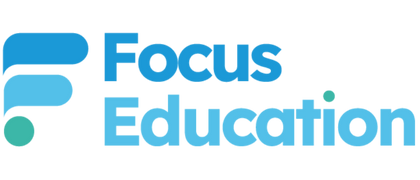by Alison Drayton.
So, as education shifts this autumn from appraisals and performance-related pay, what could a school leader do to ensure accountability and challenge? How can a headteacher ensure that all staff clearly understand their role and contribution to the organisation? How can the school leader set direction and purpose?
Howard Schultz said, “When you are surrounded by people who share a passionate commitment around a common purpose, anything is possible.” I believe coaching could enable this common purpose with the setting and ownership of goals placed within the coaching space.
The appraisal framework served most school leaders with a means to set purpose and direction for pupil results, hold staff accountable, and set goals for subject leadership. It provided the framework to develop staff members’ understanding of their role in the development plan and the school organisation. It offered a valued space to meet 1:1 with staff members and set the direction and purpose for the school year.
People in organisations thrive when they know their purpose and value. All stakeholders need clarity about where they fit in the school community and their role and purpose within the organisation. I believe that a coaching offer could address the gap.
All staff members value time invested in them. These 1:1 conversations were a benefit of well-managed appraisals. Certainly, when I was a headteacher, it was one of my favourite moments of the school year, connecting individually with the staff and the leadership team. It established a sense of collaborative purpose. It established ownership of the delivery of the school development plan and gave my staff a sense of their value and place in the organisation.
Nancy Kline says, “The quality of your attention determines the quality of other people’s thinking.”
There are various ways a coaching model could be rolled out. One model could be to offer 3 one-hour coaching sessions per year to teachers. The coach, in this individual 1:1 model, offers the thinking space to determine what actions are needed to achieve goals or improve practice over the academic year. This could be delivered on a 1:1 basis or in a session with a member of the leadership team and the staff member. An interim meeting and concluding meeting would mirror the appraisal process. The value of an independent coach would mean sessions are not misconstrued as the old accountability framework of PRP with top-down targets set by leadership.
A second model option for teams would be where the SLT or subject teams meet with the coach to reflect and set challenges for the year, thus setting their own targets and their own success measures. This would again ensure the team has a sense of purpose and direction for the year. The coach ensures the meeting is a thinking environment. Nancy Kline says, “Even in a hierarchy, people could be equal as thinkers.”
Continue the Conversation
For more information about how we can create a bespoke alternative to PRP and how to build a coaching culture with Alison or the team, get in touch consultancy@focus-education.co.uk
CONNECT WITH US
Twitter/X | focuseducation1
Bluesky | focuseducation
Facebook | focuseducation1
Instagram | focuseducation1
Linked In | Focus Education
Subscribe to our YouTube Channel

